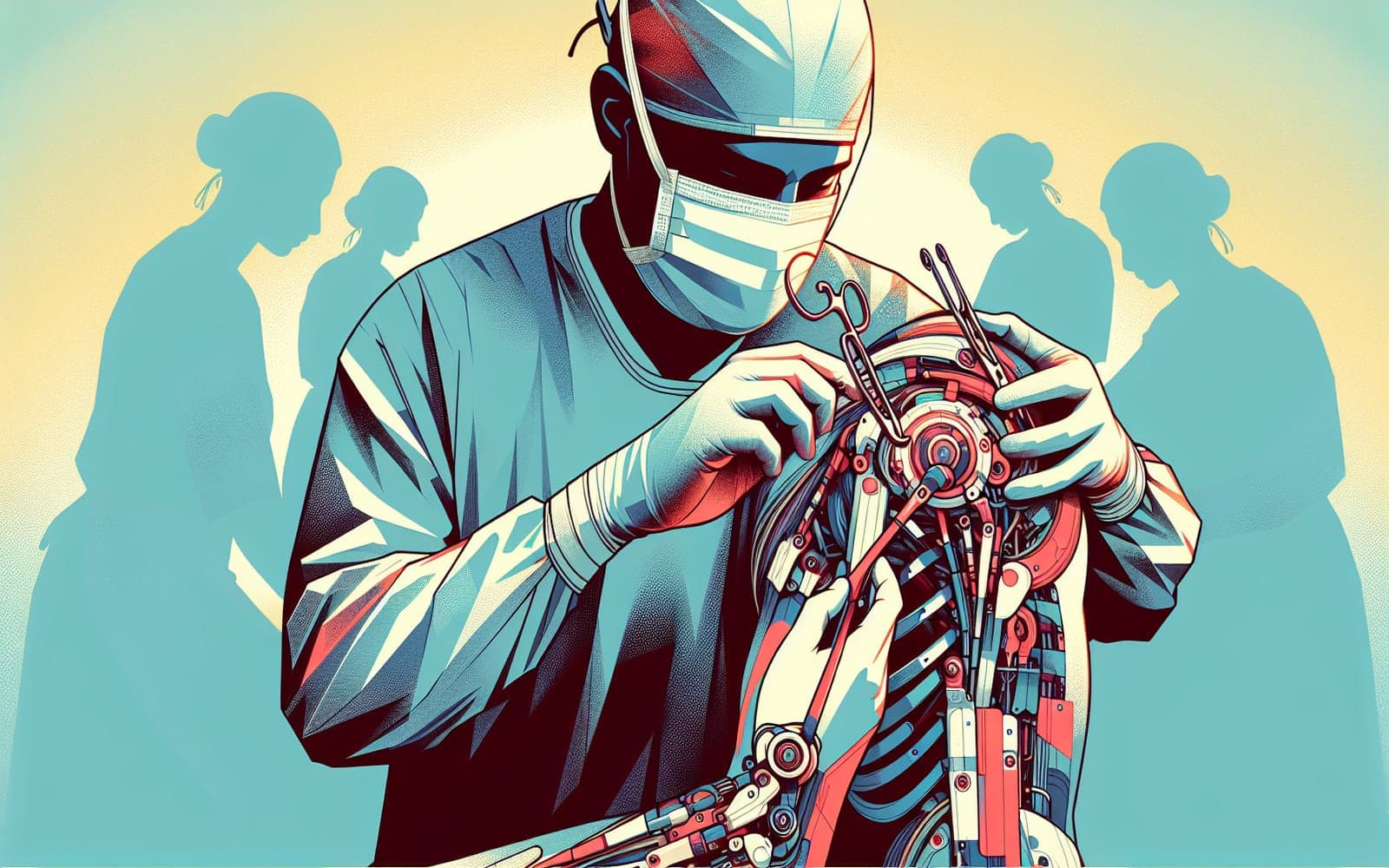The Surgical Approach to Rotator Cuff Tears: What You Need to Know
Published: Jun 15, 2024
Surgery for rotator cuff tears can drastically improve quality of life. Learn about the different surgical procedures and what to expect post-operation.
Contents
Types of Surgical Procedures
Surgical options for rotator cuff tears include arthroscopic repair, open repair, and shoulder arthroplasty. The choice of procedure depends on the tear's size and severity, as well as patient factors like age and activity level. Arthroscopic repair is less invasive and often preferred for smaller tears.
Post-Surgical Recovery
Recovery from rotator cuff surgery varies. Post-operative care typically involves immobilization in a sling and gradual physical therapy. Full recovery can take several months, with regaining full shoulder function often requiring dedicated effort.

Expected Outcomes
Surgery can lead to significant improvements in pain and function, especially for massive tears. However, results vary based on tear type and individual circumstances. While many patients regain good shoulder function, not everyone returns to pre-injury activity levels.
Frequently Asked Questions
They include arthroscopic repair and shoulder arthroplasty.
Recovery can take months, involving immobilization and therapy.
Outcomes vary; many see improvements, but results depend on multiple factors.
Many regain function, but full restoration isn't guaranteed.
Key Takeaways
Surgical treatment for rotator cuff tears offers hope, but realistic expectations are key to satisfaction.
Explore your surgical options with Doctronic to make an informed decision.Related Articles
References
Wolf BR, Dunn WR, Wright RW. Indications for repair of full-thickness rotator cuff tears. Am J Sports Med 2007; 35:1007.
Gerber C, Fuchs B, Hodler J. The results of repair of massive tears of the rotator cuff. J Bone Joint Surg Am 2000; 82:505.
Always discuss health information with your healthcare provider.

